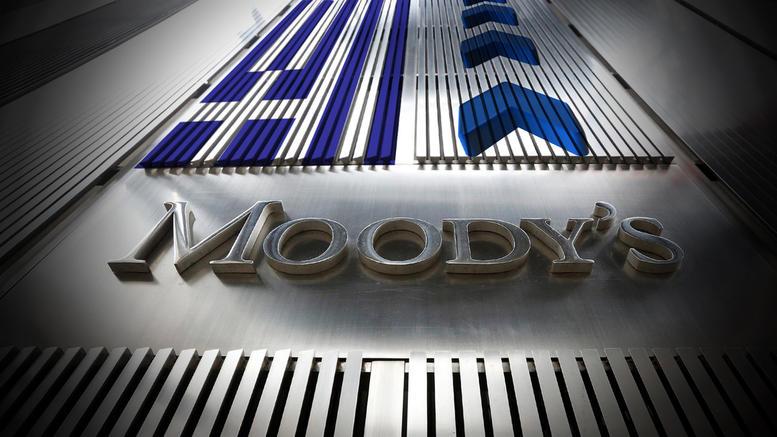Moody’s exposes Modi
Ravi Shanker Kapoor | June 2, 2017 12:34 am

A day after the official data showed slowdown in the fourth quarter, Moody’s Investor Service’s latest observation about India’s “significantly” higher debt level further underlined Prime Minister Narendra Modi’s mismanagement of the economy.
Since rating agencies place India just above the “junk” status, the government is keen on a sovereign upgrade. But the big three—Moody’s, Standard & Poor’s and Fitch Ratings—have been unrelenting, primarily because of fiscal deficit concerns. “We view ongoing central government deficit reduction as supportive of India’s credit profile,” Moody’s said in a note. “However, the recent widening of Indian state deficits has more than offset the narrowing of the central government deficit.”
In this year’s Budget, Finance Minister Arun Jaitley has fixed the Central government’s fiscal deficit target at 3.2 per cent. India has also brought down its debt considerably in the last 14 years, from 84.7 per cent of GDP in 2003 to 67.5 per cent at present. The government is committed to bringing it down to 60 per cent by 2023. But this doesn’t impress Moody’s.
This is despite the fact that Moody’s is upbeat on the goods and services tax (GST). “Over the medium term, goods and services tax will contribute to productivity gains and higher GDP growth by improving ease of doing business, unifying markets and will enhance India’s attractiveness as a foreign investment destination. GST will also support higher government revenue generation through improved tax compliance and administration.”
Further, Moody’s is not critical of demonetization of high-currency notes in November. In fact, said the agency’s report, the move has helped expand banking in the country, adding that demonetization will check tax avoidance and corruption.
The report also expressed concerns about the huge non-performing assets or NPAs.
Moody’s remarks will certainly rile the government. It earlier expressed displeasure at the rating agencies’ refusal to upgrade India’s investment status. But crying victimhood won’t help, because the problem lies with the government, not the agencies. In the last three years, the Modi regime has been unable or unwilling to carry out major reforms that the investing community was expecting. Little has been done to dispense with the antiquated labor laws, privatize public sector undertakings and banks, and discard retrospective taxation.
Worse, the anti-business attitude prevails, with the authorities executing price controls, threatening prohibition, and trying greater regulation, e.g., in the hospitality sector. Still worse, the government has earned a reputation for sudden announcements, the worst being that of demonetization, and even disruption. Businesspersons in India, as elsewhere, are wary of suddenness and disruption; they want predictable policies and smooth functioning. Unsurprisingly, they are not investing in the country.
This is the reason that growth under Modi, which now shows signs of slowing down, has been largely jobless.
Since the Prime Minister has not carried out any reforms, he is following the old, populist policies, though in an efficient manner which has yielded handsome electoral dividends. But this has not helped the economy, nor has it done any wonders in improving the fiscal health of the nation despite the fact that crude prices have more than halved.
Modi has proved to be a clever politician, but the cleverest politician has to do much more than winning elections to be called a statesman.






























